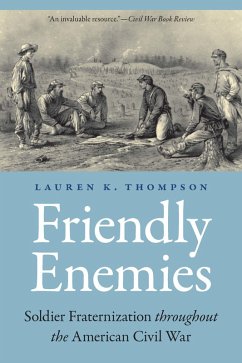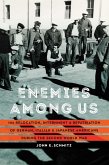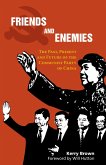During the American Civil War, Union and Confederate soldiers commonly fraternized, despite strict prohibitions from the high command. When soldiers found themselves surrounded by privation, disease, and death, many risked their standing in the army, and ultimately their lives, for a warm cup of coffee or pinch of tobacco during a sleepless shift on picket duty, to receive a newspaper from a "Yank" or "Johnny," or to stop the relentless picket fire while in the trenches. In Friendly Enemies Lauren K. Thompson analyzes the relations and fraternization of American soldiers on opposing sides of the battlefield and argues that these interactions represented common soldiers' efforts to fight the war on their own terms. Her study reveals that despite different commanders, terrain, and outcomes on the battlefield, a common thread emerges: soldiers constructed a space to lessen hostilities and make their daily lives more manageable. Fraternization allowed men to escape their situation briefly and did not carry the stigma of cowardice. Because the fraternization was exclusively between white soldiers, it became the prototype for sectional reunion after the war-a model that avoided debates over causation, honored soldiers' shared sacrifice, and promoted white male supremacy. Friendly Enemies demonstrates how relations between opposing sides were an unprecedented yet highly significant consequence of mid-nineteenth-century civil warfare.
Dieser Download kann aus rechtlichen Gründen nur mit Rechnungsadresse in A, B, BG, CY, CZ, D, DK, EW, E, FIN, F, GR, HR, H, IRL, I, LT, L, LR, M, NL, PL, P, R, S, SLO, SK ausgeliefert werden.









